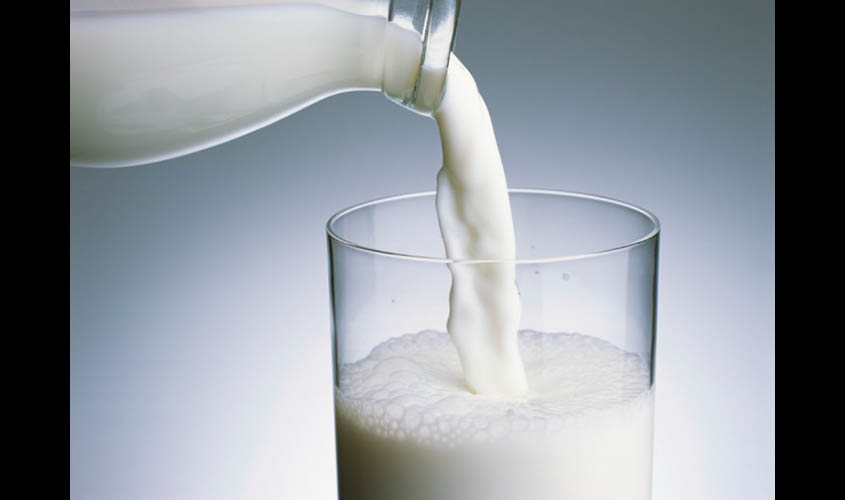New Delhi: In a food adulteration case, the Supreme Court has sentenced a milkman from Uttar Pradesh six months in prison. The accused has been convicted for diluting milk nearly 24 years ago. The Supreme Court has observed that leniency in judgement shouldn’t be granted on the grounds of marginal deficiency. Even slight deviation from the standards prescribed under Prevention of Food Adulteration Act will nullify benefit of the doubt.
The case in point is that of Raj Kumar. He was convicted by the trial court and the conviction was later upheld by the Sessions Court and High Court. It was back in 1995 that the milk sold by Kumar was found to have 4.6% milk fat and 7.7% of milk solid non-fat (MSNF), which goes against the prescribed standard of 8.5% under the Prevention of Food Adulteration Act.
Kumar’s lawyers challenged the conviction by saying that the analysis of the sample was delayed and therefore the accused should be given the benefit of the doubt. His counsel challenged the conviction by pointing out that variations could have surfaced because of the quality of food given to the cattle, which affected the cow’s health. Leniency was also demanded as the incident took place more than two decades ago.
The bench of Justices Deepak Gupta and Aniruddha Bose rejected the contentions in their statement: “We are of the considered view that once standards are laid down by the legislature, then those standards have to be followed. In items like milk, which is a primary food under the Act, it is not necessary to also prove that the food item had become unfit for human consumption or injurious to health.”
Writing the judgement for the bench, Justice Gupta said, “In cases of food coming under the Act, it is not required to prove that article of food was injurious to health. In this case, the only question to be determined is whether the article complies with the standards laid down or not? If it fails to comply with the standards, then it will have to be treated as an adulterated article, even if it is not rendered injurious to health. Even marginal deviation from the prescribed standards cannot be ignored.”
Kumar’s counsel also appealed to invoke the SC’s power under Article 142 of the Constitution in order to lessen the minimum prescribed punishment of six months as the legislature provided it. Denying the permission, the statement said, “Considering the bane of adulteration and the effect sub-standard food has on the health of citizens, especially children when milk is involved, the legislature provided a minimum sentence of six months. Passage of time can be no excuse to award a sentence lesser than the minimum.”
The bench further added, “When a minimum sentence is prescribed by law, this court cannot, in exercise of its power under Article 142, pass an order totally contrary to law. If such power could be used in a food adulteration case to impose a sentence lower than the minimum prescribed, then even in cases of murder and rape, this court applying the same principles could impose a sentence lesser than the minimum.”
Asking the milkman to surrender and serve the sentence, the bench said, “We have no doubt in our mind that power under Article 142 cannot be exercised in such a manner that they make a mockery of law itself.”

